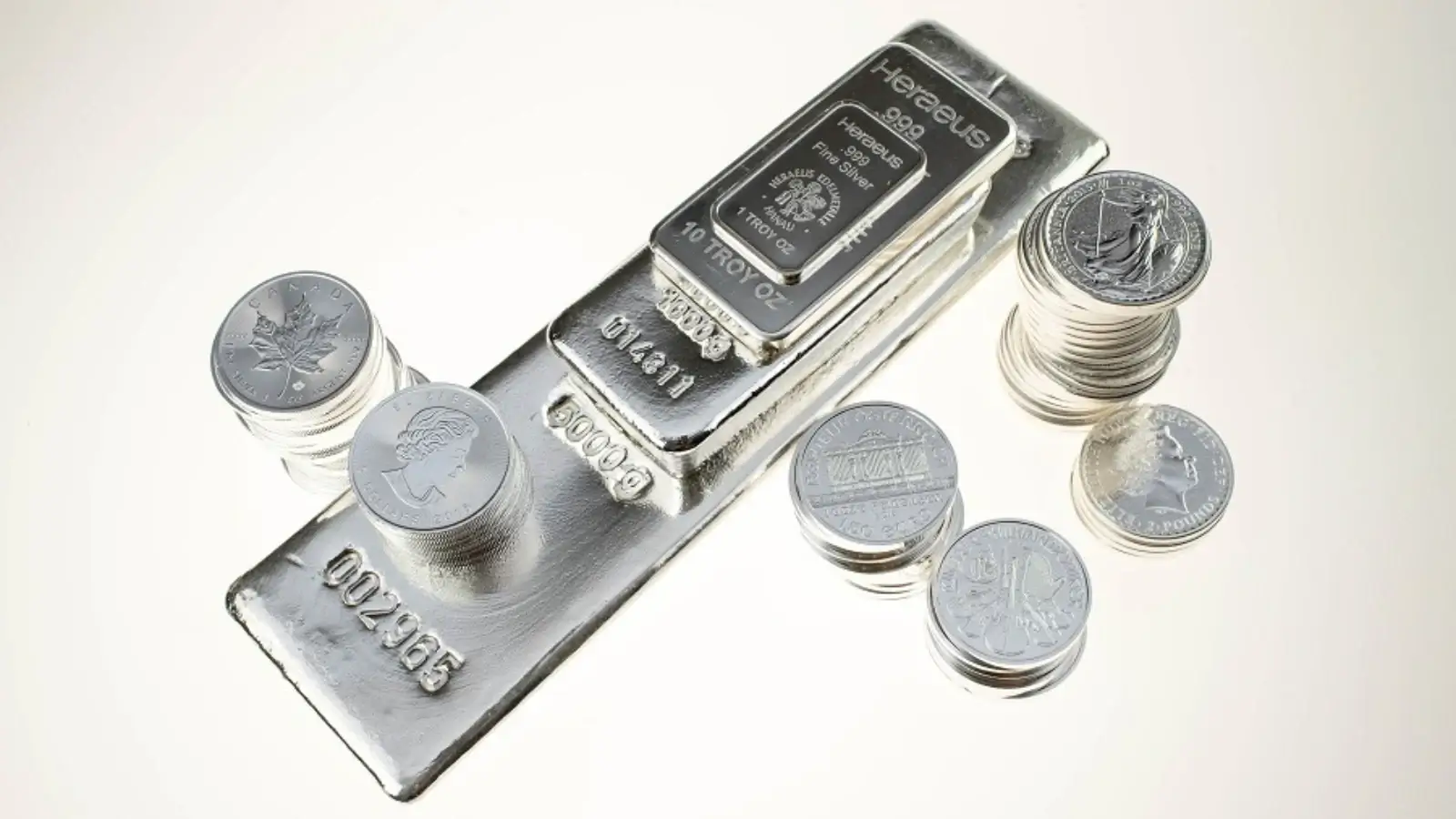Now Reading: Dubai Property Laws in 2025 Every Foreigner Should Understand
-
01
Dubai Property Laws in 2025 Every Foreigner Should Understand
Dubai Property Laws in 2025 Every Foreigner Should Understand

Table of Contents
Dubai Property Laws : Dubai’s real estate market in 2025 remains a global investment hub, with 94,000 residential transactions worth AED 262.7 billion in H1, up 23.04% year-on-year, according to Dubai Land Department (DLD) data. Foreigners are drawn to freehold zones under Decree No. 3 of 2006, offering 6–12% rental yields, 5–15% capital appreciation, and tax-free returns. With 4 million residents and 25 million annual tourists, Dubai’s property laws provide a stable, regulated framework for foreign buyers.
Understanding these laws is critical to avoid legal pitfalls, fraud (150+ cases in 2024), or financial losses. This guide outlines the key Dubai property laws foreigners must know in 2025, covering ownership, taxes, financing, rentals, and compliance, based on sources like DLD, RERA, and Bayut.
Key Dubai Property Laws for Foreigners in 2025
1. Freehold Ownership Law (Decree No. 3 of 2006)
- Description: Foreigners can own properties outright in designated freehold zones, granting perpetual ownership transferable to heirs without restrictions on nationality or residency. Non-freehold areas are restricted to UAE/GCC nationals.
- Key Freehold Zones: Jumeirah Village Circle (JVC, studios from AED 420,000), Dubai Marina (apartments from AED 800,000), Downtown Dubai (from AED 2.5 million), Palm Jumeirah (villas from AED 25 million), and Dubai South (from AED 480,000).
- Legal Requirements: Properties must be registered with DLD via a title deed, specifying “freehold” status. Verify through the DLD portal or Dubai REST app to confirm eligibility.
- Implications for Foreigners: Full ownership rights include selling, leasing, or bequeathing properties. Use a DIFC-registered will to avoid Sharia-based inheritance laws, ensuring assets pass to chosen heirs.
2. Escrow Law (Law No. 8 of 2007)

- Description: Off-plan properties, comprising 63% of 2024 sales, require developers to deposit buyer funds into DLD-approved escrow accounts, protecting against fraud or project failure. Non-compliance is punishable by fines or license revocation.
- Legal Requirements: Developers (e.g., Emaar, Nakheel) must register projects with DLD and maintain escrow accounts. Buyers can verify escrow status and project progress via DLD’s online tracker.
- Implications for Foreigners: Protects deposits (e.g., AED 120,000 for a 10% deposit on a AED 1.2 million apartment). Always confirm escrow compliance before signing sales purchase agreements (SPAs). Delays (5–10% of projects in 2024) may entitle buyers to penalties (up to 1% monthly).
3. Property Transfer and Registration Laws
- Description: All property transactions must be registered with DLD to obtain a title deed, ensuring legal ownership. The process involves a 4% DLD transfer fee, often split between buyer and seller, and registration fees (AED 4,200 for properties over AED 500,000).
- Legal Requirements: Submit SPAs, passports, and no-objection certificates (NOCs) for ready properties to DLD or Trustee Centres. Off-plan properties require interim SPA registration (AED 1,000–2,000) via the Oqood system.
- Implications for Foreigners: Registration ensures legal protection against disputes. Foreigners can complete transactions remotely via RERA-registered agents or digital platforms like DLD Cube. Budget for 6–8% in fees (e.g., AED 120,000–160,000 for a AED 2 million property).
4. Tax Laws
- No Personal Income or Capital Gains Tax: Dubai imposes no tax on rental income or property sale profits for individuals, unlike the UK (18–28%) or US (15–20%). A AED 200,000 gain on a AED 2 million property is tax-free.
- Corporate Tax (Federal Decree-Law No. 47 of 2022): Rental income over AED 375,000/year held by a UAE company faces 9% corporate tax. DIFC/DMCC free zone companies may qualify for 0% tax if compliant with free zone rules.
- Value Added Tax (VAT, Federal Decree-Law No. 8 of 2017): 5% VAT applies to commercial property purchases and leases, and services like agent commissions (e.g., AED 2,100 on a AED 40,000 commission). Residential properties are exempt.
- Municipality Housing Fee: 5% of annual rental value, typically paid by tenants but covered by owners if vacant (e.g., AED 5,000/year for AED 100,000 rent).
- Implications for Foreigners: Hold properties individually for tax-free gains or use DIFC/DMCC structures to minimize corporate tax. Consult tax advisors for home country liabilities (e.g., India’s 12.5% long-term gains tax) and leverage UAE’s double taxation agreements (DTAs) with over 100 countries.
5. Rental and Tenancy Laws (Law No. 26 of 2007, Law No. 33 of 2008)
- Description: The Real Estate Regulatory Agency (RERA) governs rentals, requiring registration via the Ejari system (AED 220) for long-term leases. Short-term rentals (e.g., Airbnb) require a holiday home permit from the Department of Tourism and Commerce Marketing (DTCM).
- Legal Requirements: Leases must specify rent, duration (typically 1 year), and tenant obligations. Eviction is restricted to specific grounds (e.g., non-payment, property sale) with 12-month notice via notary public. Rent increases follow RERA’s Rental Index, capped at 20%.
- Implications for Foreigners: Register rentals to ensure legal protection. Short-term rentals in areas like Dubai Marina yield 8–12%, while long-term leases in JVC yield 7.5–9.3%. Non-residents can hire property management firms for compliance.
6. Mortgage and Financing Laws
- Description: Non-residents can secure 50–70% loan-to-value mortgages at 3–5% rates from UAE banks (e.g., Emirates NBD, HSBC) under Central Bank regulations. Off-plan properties offer flexible payment plans (e.g., 60/40, 50/50) with 10–20% deposits.
- Legal Requirements: Provide passport, 3–6 months’ bank statements, salary certificates, and an Al Etihad Credit Bureau report (AED 100). Mortgage registration with DLD costs 0.25% of the loan plus AED 290.
- Implications for Foreigners: Mortgages and payment plans reduce upfront costs (e.g., AED 80,000 deposit for a AED 800,000 apartment). Verify bank compliance and escrow accounts for off-plan projects via DLD. Use forex services to mitigate currency risks for international transfers.
7. Golden Visa Law (Cabinet Resolution No. 56 of 2018, updated 2022)
- Description: Investments of AED 2 million or more in freehold properties qualify for a 10-year renewable Golden Visa, covering the investor, spouse, unmarried daughters, and sons under 25. No minimum stay is required.
- Legal Requirements: Submit title deeds, passport, and health insurance to DLD Cube. Processing fees are AED 9,884.75 for the primary applicant (AED 5,774.50 per family member). Multiple properties (e.g., two AED 1 million JVC apartments) can meet the threshold.
- Implications for Foreigners: Offers residency security, ideal for long-term investors in areas like Downtown Dubai or Palm Jumeirah. Verify property eligibility via DLD.
8. Anti-Fraud and Consumer Protection Laws
- Description: RERA and DLD regulate agents and developers to prevent fraud (150+ cases in 2024). Agents must be RERA-registered, verifiable via the Dubai REST app. Developers must disclose project details and maintain escrow accounts.
- Legal Requirements: Buyers must use RERA-registered agents and verify title deeds/escrow via DLD. SPAs must detail price, handover, and penalties. Non-compliance can result in fines or project cancellation.
- Implications for Foreigners: Reduces risks of scams or delays (5–10% of off-plan projects delayed in 2024). Engage legal advisors to review SPAs and confirm developer credentials.
Strategic Tips for Foreign Buyers

- Verify freehold status via DLD to ensure eligibility in zones like JVC or Dubai Marina.
- Confirm escrow accounts and developer ratings for off-plan projects (e.g., Sobha Verde, AED 1.2 million) via DLD to protect deposits.
- Budget for 6–8% in fees (e.g., 4% DLD fee, 2% agent commission plus 5% VAT) and 1–2% annual costs (service charges, maintenance).
- Engage RERA-registered agents and legal advisors to review SPAs and ensure compliance with DLD and RERA regulations.
- Optimize rentals via Ejari for long-term leases (6–9% yields) or DTCM permits for short-term rentals (8–12%) per Dubai Smart Rental Index 2025.
- Use DIFC/DMCC companies to minimize 9% corporate tax on rentals over AED 375,000. Consult tax advisors for home country liabilities and DTAs.
- Monitor trends via DXB Interact, Bayut, and Property Finder. Track infrastructure like Blue Line Metro via RTA Dubai App for appreciation potential.
Conclusion
Dubai’s property laws in 2025, including freehold ownership, escrow protections, and tax advantages, create a foreigner-friendly market with 6–12% yields and 5–15% capital gains. Freehold zones like JVC, Dubai Marina, and Palm Jumeirah offer diverse opportunities, while the Golden Visa enhances long-term appeal. By understanding laws like Decree No. 3 of 2006, Law No. 8 of 2007, and tenancy regulations, and leveraging DLD tools, RERA-registered professionals, and platforms like, foreigners can invest securely. Proper due diligence ensures compliance, minimizes risks like fraud or delays, and maximizes returns in Dubai’s thriving real estate market.
read more: Dubai Marina vs Palm Jumeirah: Best for Foreign Property Buyers in 2025?





















